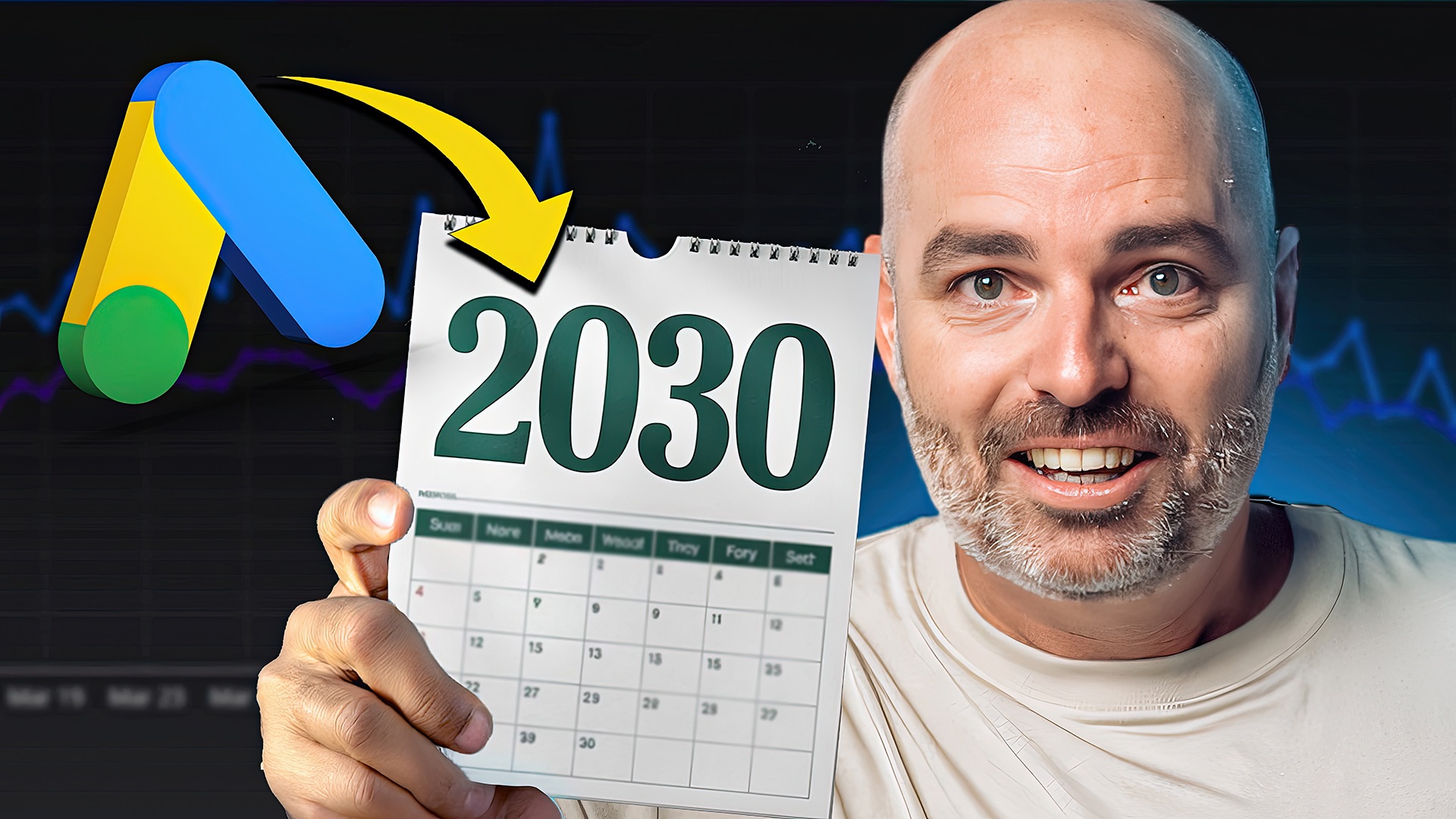
Search is Changing ... What It Means for Google Ads in 2025
Apr 21, 2025Google Search is evolving — and if your strategy doesn’t evolve too, your results will suffer.
Here’s what’s changing:
-
Google is reducing the number of ad placements
-
Click-through rates are dropping
-
CPCs (cost per click) are on the rise
-
AI is transforming how people search
If you’re still running the same campaigns you did in 2023 or 2024, you're in danger. But if you adapt now, you can build a profitable, scalable Google Ads strategy for 2025 and beyond.
In this post, I’ll walk you through:
-
What’s changing with Google Search and user behavior
-
How AI and Gemini 2.0 are impacting ad performance
-
The exact Bottom Up Funnel Strategy I use to scale client accounts
-
Why creative content will define winning campaigns
-
And how to set up your campaigns the right way
Let’s dive in.

Search Is Becoming More Conversational
Keyword targeting is no longer enough.
In 2025, users are searching more like they speak. Instead of typing “best running shoes,” they ask:
“What are the best lightweight running shoes for flat feet under $150?”
This shift from transactional to conversational search is powered by AI — especially Google’s Gemini 2.0.
Gemini is being built directly into the search engine experience. It allows users to:
-
Ask multi-step, natural-language questions
-
Upload images or documents for visual search
-
Receive synthesized, AI-generated answers — not just blue links
With fewer searches needed to get better results, traffic to websites is decreasing — and this is where your ad strategy needs to evolve.
AI and Gemini 2.0 Are Shrinking Ad Placements
Google confirmed it will begin inserting ads directly into AI-powered responses via Gemini and the Search Generative Experience (SGE).
But unlike traditional ads, these won’t appear at the top of search results or sidebars. They’ll be:
-
Embedded within AI answers
-
Contextually placed based on the question
-
Limited in number, increasing ad competition
That’s why CPCs are climbing sharply — fewer ad slots with higher advertiser demand.
Worse? Many users are bypassing Google altogether in favor of:
-
ChatGPT
-
Perplexity
-
Claude
-
Deepseek
These tools offer instant, structured responses to rich, one-shot queries. That means:
-
Less organic traffic
-
Fewer conversion opportunities
-
More pressure on your ad ROI
👉The Future of Google Ads: Adapting to AI and Automation
The Bottom Up Funnel Strategy: Scale Profitably in 2025
In a high-CPC world with limited placements, structure is everything.
Here’s how my Bottom Up Funnel Strategy works:
1. Start With High-Intent Traffic
Run Search and Shopping campaigns focused on conversion-ready users. Build profit first.
2. Add Remarketing
Use remarketing lists to re-engage warm traffic that didn’t convert. This increases ROI without cold spend.
3. Scale with Awareness Campaigns
Once you’ve built a profitable base, scale using:
-
Performance Max
-
YouTube Video Ads
-
Demand Gen campaigns
This layered approach helps you grow without blowing your budget.
Want the full breakdown? Watch my Bottom Up Funnel Strategy walkthrough — linked at the end of this post.
Why Creative Content Is the New Competitive Edge
Google Ads in 2025 is no longer just about keywords. It’s about capturing attention across the funnel.
Consumers are watching videos, scrolling images, and engaging visually before they ever search.
To win, you need a multi-format ad strategy:
-
YouTube campaigns to build awareness
-
Image and carousel ads for discovery
-
Search and Shopping campaigns for conversion
Using only one campaign type means you’re missing out on the majority of critical sales touchpoints.
Download my full Google Ads campaign setup guides to make sure you’re doing this right — link below.
Final Thoughts: Google Ads Success in 2025
Here’s what I believe:
-
CPCs will keep rising — not just because of competition, but because Google is giving us fewer ad opportunities
-
The brands that survive will build:
-
Multi-campaign, full-funnel strategies
-
Compelling, visual-first creative content
-
Structured accounts that scale efficiently
-
If you’re still using a basic Search-only strategy, you will get left behind.
But if you adapt to how users search and how Google serves results, you’ll lead your category.
